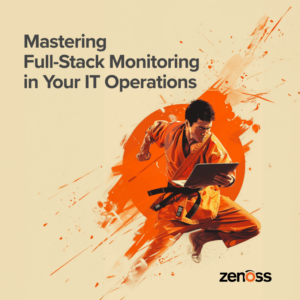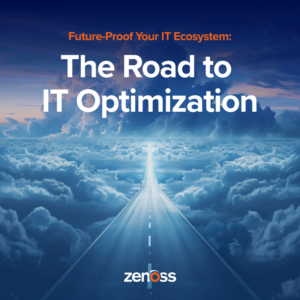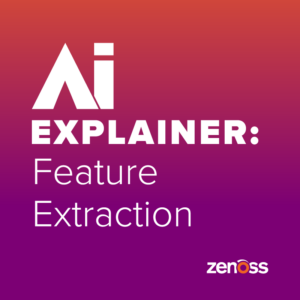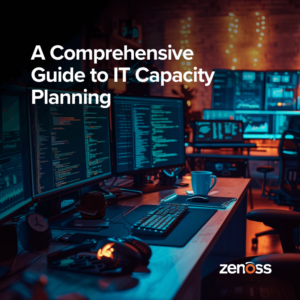
This year, I attended LISA's many technical sessions, gave a Birds-of-a-Feather talk (BoF), and participated in the Build-a-Cloud Day. You can find the video of the Zenoss BoF below my Top 4 list. Throughout all of this, there were 4 trends I picked up on that resonated throughout the week.
1) What is a System Administrator?
This year's LISA had an even greater academic than usual feel to it. At times, it seems like half of the attendees were from a national lab or university. With that kind of stage set, the workshop sessions I was able to attend quickly reached beyond the practical into the abstract. In a workshop hosted by Tom Limoncelli and Kyrre Begnum titled The unresolved issues in system administration?, the dominating topics were professional and cultural rather than technical.
A common theme in this workshop was the question of what it means to be a system administrator today. Possible answers varied in their specificity anywhere from installing, configuring and tuning Linux to managing the full lifecycle of anything with electrons flowing through it. This wide definition and lack of clarity between the professionals and the organizations which employ them can lead to miscommunication, mismatched expectations and stress.
Proposed solutions to defining the system administration profession range from something closer to engineering in other fields to broker technicians more like nursing in the medical field. Both of these would seem to assume more formal training and accreditation.
2) Knowledge Management
The number of systems a system administrator is responsible for is growing a a near-exponential rate each decade. With this growth the management of associated knowledge becomes even more important. On Tuesday afternoon, Mark Burgess led a workshop on the topic of knowledge management.
Key problems we have with knowledge management were identified as the lack of standards in the systems themselves and the high rate of change in the systems. You could go on to infer that the latter is the reason for the former.
Among the workshop attendees, the right direction to go to solve this problem is to build the systems in such a way that they document themselves, or make it easier for tools to extract knowledge from them. In some ways the increasing usage of configuration management tools is one way to achieve this goal. In the meantime it looks we're all going to have to continue writing and maintenance documentation the old-fashioned way.
3) Configuration Management
Configuration management continues to be the big trend in system administration. CFEngine, Chef and Puppet were out in force at LISA. It was hard to find an attendee who wasn't already using one of those three options. There were also BoF sessions on Bcfg2 and cdist.
While it may only be the top 5% of system administrators that are truly using configuration management tools to completely manage their servers, they are the leaders that will ultimately be followed. The idea of managing servers as one-offs deployed from the operating system distribution or even a golden image is becoming increasingly untenable.
4) Performance Analysis
This year's LISA was full of excellent content related to server, operating system and application performance analysis. If you have any interest in R or statistical analysis from a system administrators point of view I recommend looking at the interesting work Joe Conway and Jeff Hamann have done around integrating PostgreSQL and R with PL/R. They presented this material both at PGCon and LISA.
Brendan Gregg from Joyent gave a great presentation on performance analysis methodologies. As you might guess from it's name, it was less about tools and more about measuring and understanding performance characteristics of systems. Many of the examples given unfortunately concentrate on DTrace. Those of us who live primarily in a Linux world will probably be holding our breath for a native DTrace for some time to come. You can find the slides on his blog.
While I had previously heard about SmartOS, I didn't realize how popular it was becoming. I had assumed that most LISA attendees were tied more deeply to the Linux kernel than they are. The message of ZFS, DTrace, Zones and KVM together appears to be very compelling for running open source virtualization.
All-in-all, the 26th year of the LISA conference was informative, technical, and educational. If you'd like to check out the Zenoss BoF, just hit up the link below. See you all in DC for LISA 2013!
httpvh://www.youtube.com/watch?v=qNDWVp3ISOc






